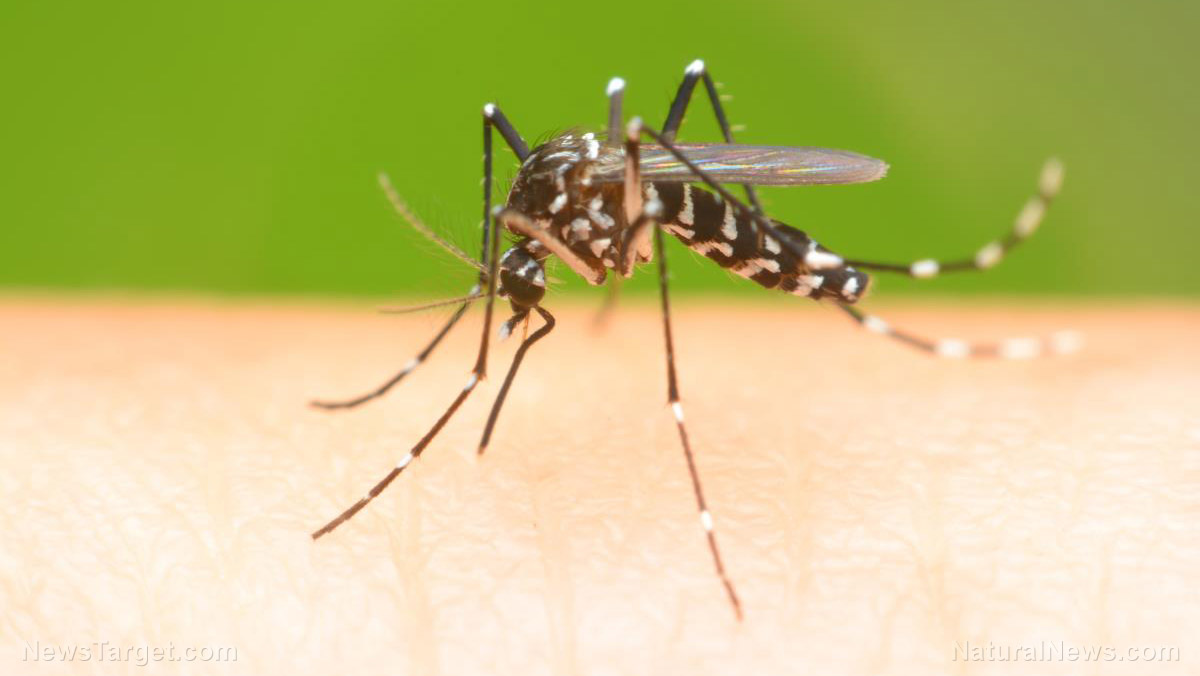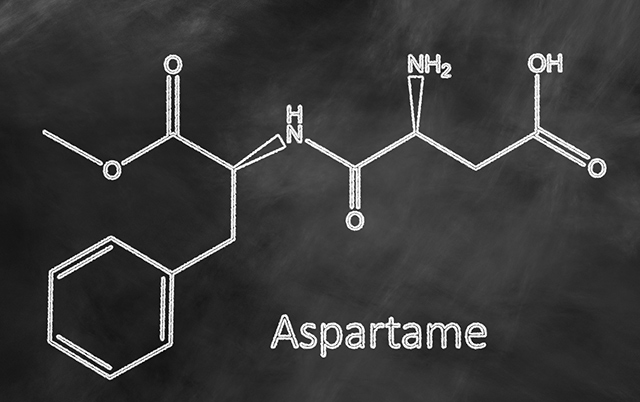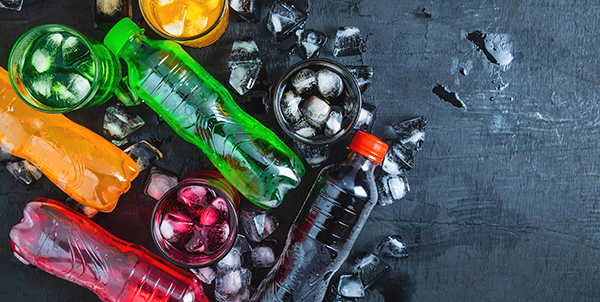
- USC research reveals sucralose may increase hunger and disrupt metabolism by confusing the brain’s hunger signals.
- The study found sucralose triggers appetite without delivering expected calories, leading to overeating.
- Women and people with obesity are most affected, worsening metabolic risks.
- Artificial sweeteners fail to activate satiety hormones, silencing the body’s "stop eating" signals.
- The WHO warns against artificial sweeteners for weight control, contradicting industry claims.
For decades, artificial sweeteners like sucralose — better known as Splenda — have been marketed as guilt-free alternatives to sugar, promising weight loss without sacrifice. But groundbreaking new research from the University of Southern California (USC) confirms what natural health experts have long warned: These synthetic sweeteners may actually increase hunger, disrupt metabolism, and contribute to weight gain by confusing the brain’s natural hunger signals.
Published in Nature Metabolism, the study reveals that sucralose creates a dangerous "mismatch" in the body, triggering sweet taste receptors without delivering expected calories — a deception that may lead to overeating and long-term metabolic dysfunction.
The findings validate the World Health Organization’s (WHO) 2023 recommendation against using artificial sweeteners for weight control and expose how vulnerable populations — particularly women and people with obesity — may have been misled by food industry claims.
The brain on sucralose: A recipe for cravings
The USC study, led by Dr. Kathleen Page, director of the USC Diabetes and Obesity Research Institute, examined 75 adults of varying weights who consumed drinks sweetened with sugar, sucralose, or plain water. Using MRI scans and blood tests, researchers discovered that sucralose increased activity in the hypothalamus, the brain’s appetite control center, while failing to trigger hormones like insulin and GLP-1, which normally signal fullness after eating sugar.
“Our findings suggest that sucralose may create a mismatch in the brain: It provides a sweet taste but lacks the expected caloric energy,” said Dr. Page. This mismatch, she explained, leaves the brain "frustrated," amplifying hunger signals and potentially rewiring cravings over time.
Worse, the effects were most pronounced in women and individuals with obesity — groups already at higher risk for metabolic disorders. “The impact of sucralose on the hypothalamus was strongest in individuals with obesity,” Page noted, suggesting these populations may be disproportionately harmed by artificial sweeteners marketed as “diet” aids.
Why zero calories don’t mean zero consequences
The study also examined hormonal responses, revealing another critical flaw in artificial sweeteners. While sugar triggered expected spikes in blood sugar and satiety hormones, sucralose left these systems dormant — effectively silencing the body’s natural “stop eating” signals.
“The body uses these hormones to tell the brain you’ve consumed calories, in order to decrease hunger,” said Page. “Sucralose did not have that effect.”
Industry spin vs. scientific reality
Despite the WHO’s warnings and mounting evidence, the American Heart Association (AHA) still cautiously endorses artificial sweeteners as a tool to “limit calories.” Yet even the AHA admits there’s no proof they reduce daily calorie intake. Meanwhile, the International Sweeteners Association — a trade group — doubles down on safety claims, ignoring studies linking sucralose to gut microbiome disruption, DNA damage, and diabetes risk.
The USC study adds to a growing body of research debunking the myth that “diet” products promote weight loss. A 2023 WHO meta-analysis found no long-term benefit for weight control, while other studies suggest artificial sweeteners may heighten sugar cravings and insulin resistance.
Page’s team is now investigating how sucralose affects children’s developing brains, raising urgent questions about the long-term consequences of early exposure. “Are these substances leading to changes in the developing brains of children who are at risk for obesity? The brain is vulnerable during this time, so it could be a critical opportunity to intervene.”
The USC study delivers a sobering message: Artificial sweeteners aren’t the harmless “shortcut” they’ve been sold as. By hijacking the brain’s hunger signals and failing to satisfy metabolic expectations, they may fuel the very obesity epidemic they claim to combat. For consumers, the solution is simple—stick to nature’s sweetness, not lab-made imposters. As the science now proves, when it comes to artificial sweeteners, the bitter truth is that there’s no free lunch.
Sources for this article include:
Please contact us for more information.


















